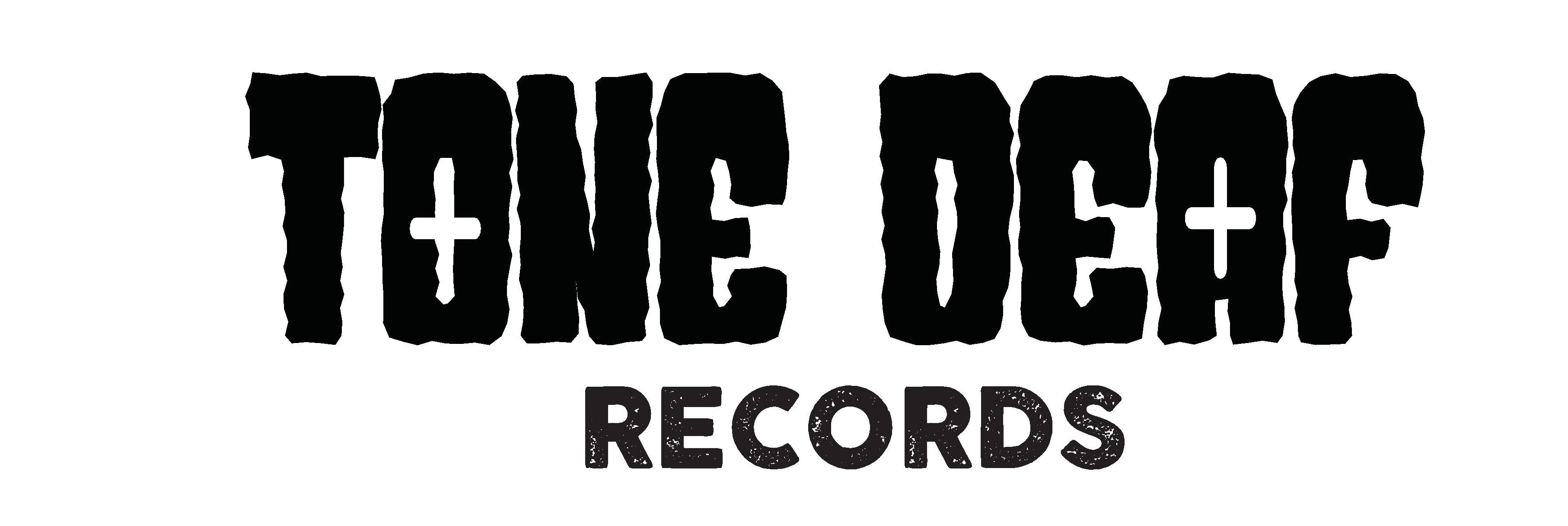
Tone Deaf Records
New - V/A - Echo Neuklang (Neo-Kraut-Sounds 1981-2023) - 2xLP
$35.00
/
Shipping calculated at checkout.
Pickup available at Shop Address
Usually ready in 1 hour
Double LP version. Christoph Dallach, Andreas Dorau, and Daniel Jahn present Echo Neuklang, a compilation which explores the question of how krautrock has influenced generation after generation of musicians since its inception. A contentious genre at the best of times, the music within its spectrum is essentially intangible. The common thread running through it is a compulsion to seek out the new. Beginning in the year 1981 and extending as far as 2023, the music in this collection demonstrates how the idea of what passed for krautrock in the 1970s has been interpreted or reinterpreted by a diverse array of artists with distinct approaches in the decades which followed, without recourse to any generic conventions. Features Stefan Thelen & Olek Gelba, Burnt Friedman, Haindling, Conny Frischauf, Moebius & Renziehausen, Deutsche Wertarbeit, Kreidler, Workshop, Love-Songs, To Rococo Rot, Härte 10, Schlammpeitziger, and Rheingold.
A conversation between Dallach, Dorau, and Jahn: A: Goodness, I'm freezing, it is wintertime in 2019. Here we sit, smoking in a railway station bar to discuss our compilation and the irksome topic of krautrock. Such a stupid word, krautrock. The three of us all agree on that, do we not? D: Indeed we do. There's no rock in krautrock. A: Rock's just as stupid, we can agree on that as well! C: Not one of the interesting, so-called krautrock bands has anything to do with rock. A: The million-dollar question has to be: what is krautrock anyway? I would say that krautrock is a genre which defies description. Think about the rhythms, the music, the instrumentation, there are no recurring elements at all. It must be the freest genre of all time. D: The only common denominator is that it's free music, different music, neither experimental in the classic sense, nor is it pop or rock. C: There has never been a "krautrock sound" as such, it's more of a unifying attitude, a drive to search for something genuinely new. That's how it was back in the early 1970s. A: It was an attempt to find "other" music! But has it crossed into this millennium, is that same spirit in evidence in newer music? C: Absolutely, like the music on this compilation, because it is so hard to classify. A: So what do we call it? D: Neo-kraut? A: I like it, you've left out the rock. D: And so the story continues.
A conversation between Dallach, Dorau, and Jahn: A: Goodness, I'm freezing, it is wintertime in 2019. Here we sit, smoking in a railway station bar to discuss our compilation and the irksome topic of krautrock. Such a stupid word, krautrock. The three of us all agree on that, do we not? D: Indeed we do. There's no rock in krautrock. A: Rock's just as stupid, we can agree on that as well! C: Not one of the interesting, so-called krautrock bands has anything to do with rock. A: The million-dollar question has to be: what is krautrock anyway? I would say that krautrock is a genre which defies description. Think about the rhythms, the music, the instrumentation, there are no recurring elements at all. It must be the freest genre of all time. D: The only common denominator is that it's free music, different music, neither experimental in the classic sense, nor is it pop or rock. C: There has never been a "krautrock sound" as such, it's more of a unifying attitude, a drive to search for something genuinely new. That's how it was back in the early 1970s. A: It was an attempt to find "other" music! But has it crossed into this millennium, is that same spirit in evidence in newer music? C: Absolutely, like the music on this compilation, because it is so hard to classify. A: So what do we call it? D: Neo-kraut? A: I like it, you've left out the rock. D: And so the story continues.
